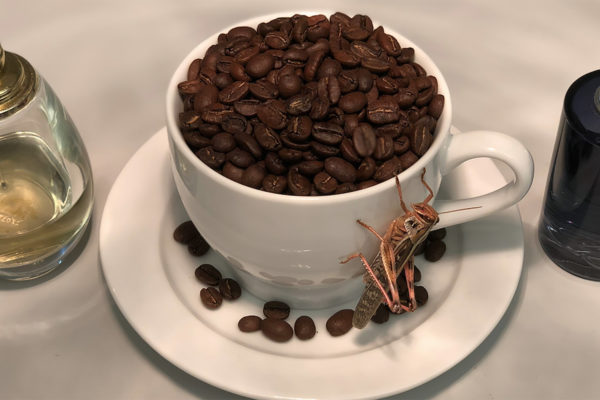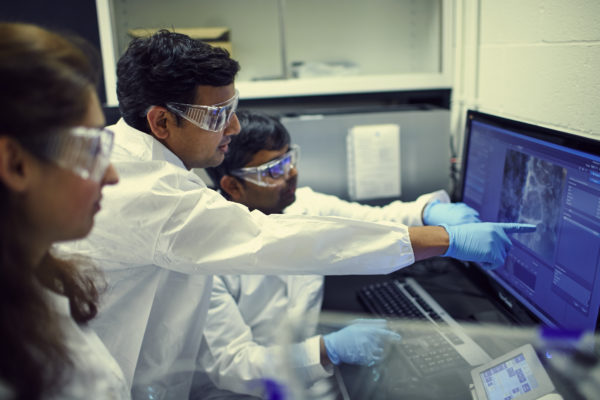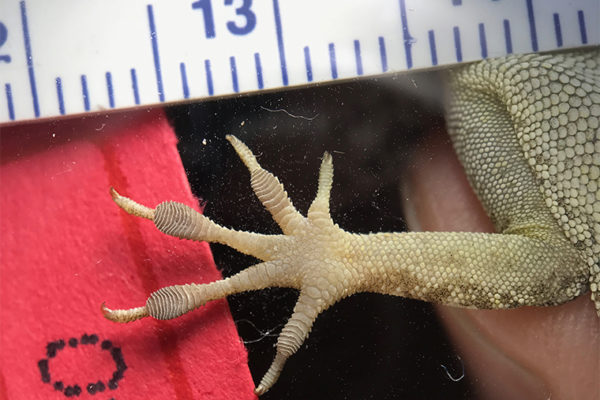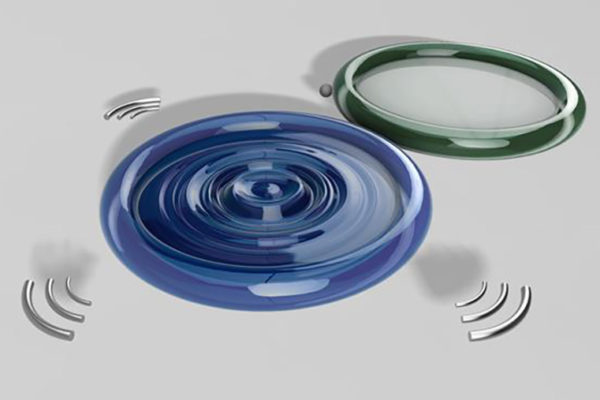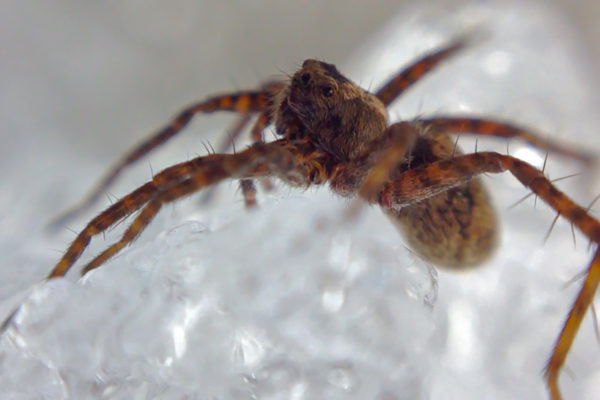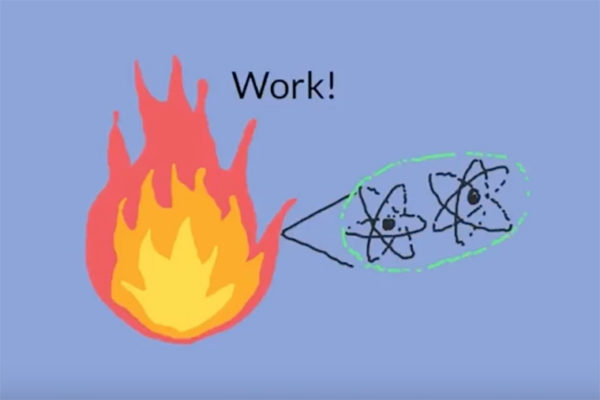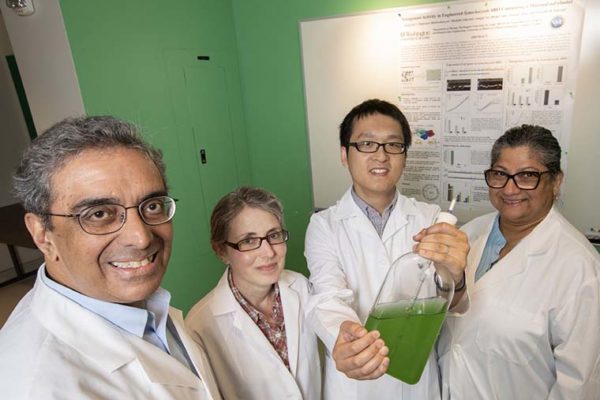Bacteria in a changing environment
Petra Levin, professor of biology in Arts & Sciences, was recently awarded a $2 million grant to identify and characterize the molecular circuits that coordinate or limit the growth and reproduction of bacteria.
Building the backbone of a smarter smart home
William Yeoh, of the School of Engineering & Applied Science, is designing algorithms to run the smart homes of the future – and he’s making sure they won’t bother us too much.
Locusts help uncover the mysteries of smell
By looking into the brains of locusts, researchers in the School of Engineering & Applied Science at Washington University in St. Louis have determined how one smell can affect another, and how a locust can recognize a smell even though its brain activity looks different depending on the context.
Role of cell group behavior target of $1.9 million award
Amit Pathak, a mechanical engineer at Washington University in St. Louis who specializes in mechanobiology, plans to take a closer look at various aspects of cell group behavior — and their implications for diseases such as cancer — with a prestigious five-year, $1.9 million grant for early-stage investigators from the National Institutes of Health (NIH).
Leggy lizards don’t survive the storm
Biologists at Washington University in St. Louis have published a first-of-its-kind look at the physical characteristics of lizards that seem to make the difference between life and death in a hurricane, as reported July 25 in the journal Nature.
Vibrations at an exceptional point
A team of international researchers led by engineers at Washington University has developed a way to use a light field to trigger a mechanical movement that will generate an acoustic wave.
Unless we spot changes, most life experiences are fabricated from memories
We may not be able to change recent events in our lives, but how well we remember them plays a key role in how our brains model what’s happening in the present and predict what’s likely to occur in the future, finds new research in the Journal of Experimental Psychology: General.
Warming alters predator-prey interactions in the Arctic
Under warming conditions, Arctic wolf spiders’ tastes in prey might be changing, according to new research by biologist Amanda Koltz in Arts & Sciences — initiating a new cascade of food web interactions that could potentially alleviate some impacts of global warming.
Demon in the details of quantum thermodynamics
Researchers in physics in Arts & Sciences at Washington University in St. Louis are working out a theory of thermodynamics in quantum physics and finding some interesting results, including “negative information.”
Researchers engineer bacteria that create fertilizer out of thin air
A team at Washington University in St. Louis has created a bacteria that uses photosynthesis to create oxygen during the day, and at night, uses nitrogen to create chlorophyll for photosynthesis. This development could lead to plants that do the same, eliminating the use of some — or possibly all — man-made fertilizer, which has a high environmental cost.
Older Stories


